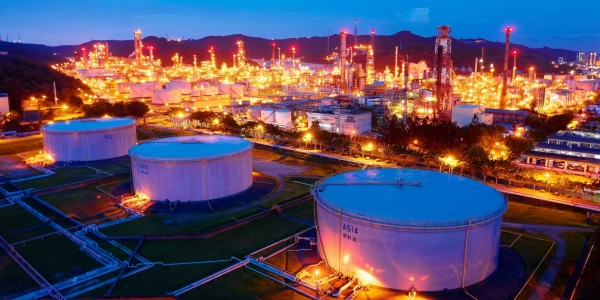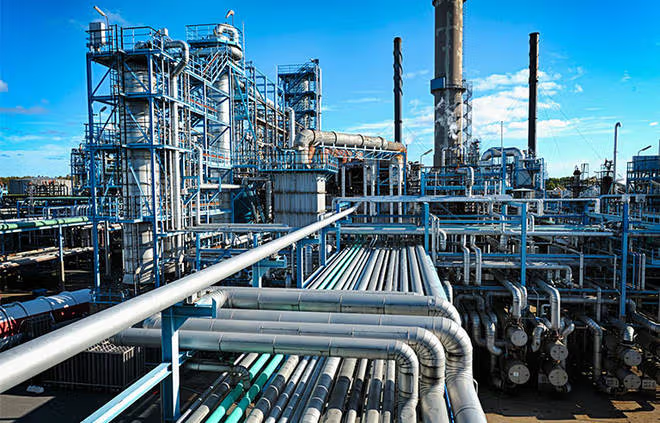Tanzania is making advances in construction of its $420 million gas-to-liquid plant, first of its kind in East Africa. The plant is expected to be one of the nation’s most transformative industrial projects that will produce various products. These include diesel, jet fuel, naptha, hydrogen, and fertilizer. Moreover, it is expected to rival Nigeria-based Dangote refinery owned by Africa’s richest man, Aiko Dangote. The project advanced to a major milestone after completion of a feasibility study confirming the project’s economic and technical viability.
The study was conducted by Canadian-based clean-fuel technology company, Rocky Mountain GTL. The planned $420 million investment could position Tanzania as Africa’s first exporter of synthetic jet fuel and diesel. Moreover, it would effectively capitalize on its 57.54 trillion cubic feet of natural gas. Representatives of Rocky Mountain GTL noted detailed commercial collaboration is already underway. These remarks were noted after meetings with Tanzanian government officials earlier this year. The project compliments other similar ones such as the Mnazi Bay gas field, expected to be one of the nation’s gas fields once complete.
The Significance of Tanzania’s Gas-to-Liquid Plant
Tanzania gas-to-liquid plant is expected to have an immense significance in reshaping jet-fuel trade in Africa. At the moment, Dangote’s rapidly expanding refinery and distribution network currently dominates supply. The 650,000-barrel-per-day Dangote Refinery in Nigeria is the largest single-train refinery in the world. Moreover, it has begun exporting aviation kerosene to African carriers and beyond. It is a move geared toward controlling pricing and logistics from West Africa and beyond. Tanzania’s entry threatens that market power. Once complete, the GTL plant will provide East Africa with an alternative hub for supply and pricing.

Through this, it will reduce dependence on refined imports including Nigerian-sourced jet fuel. If scaling succeeds, surplus fuel could be exported regionally, giving airlines in Kenya, Uganda, Rwanda, Burundi, and parts of the DRC a geographically closer, potentially cheaper option. The Tanzanian government has already sent a high-level due-diligence team to validate the technology and assess rollout readiness. Moreover, the modular GTL design enables faster commissioning within two years. Petroleum products accounted for $2.6 billion in import spending last year according to the Bank of Tanzania. If operational by 2027, the project could mark a new power center in Africa’s aviation-fuel supply chain.

Leave a Reply